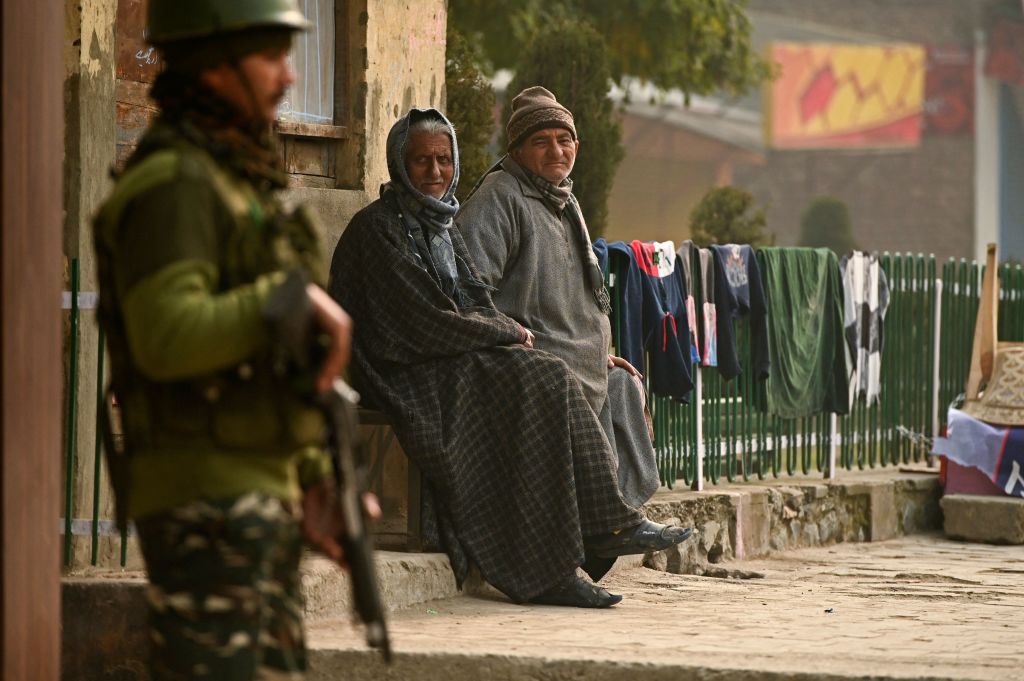- Friday, April 19, 2024

By: Shubham Ghosh
AS the security in Jammu and Kashmir faces more challenge and more violence and deaths are reported from the union territory (UT), the local people go through more hardships.
Aggrieved families of people who get killed in clashes with the security forces or in crossfire face a tough time in coping with the situation.
Last month, the kin of two men in Kashmir waited for their corpses to reach them so that they could bury them for the second time, BBC reported.
ALSO READ: Jammu and Kashmir: Terrorists open fire at police bus, two policemen killed
According to the report, Altaf Bhat and Mudasir Gul had been buried by the security personnel who said the duo were killed during a shootout with the extremists in Srinagar, the summer capital of the UT.
According to them, Gul had links with the terrorists while Bhat was caught in the crossfire.
However, their families alleged that the men were used as “human shields”.
Protests followed and the authorities agreed to exhume their bodies and return them to the families, something which is not common in the region – one of the most militarised in the world.
The officials also promised to probe the allegations about using the two killed as human shields but it has given their relatives little hope.
“Nobody has got justice in the last 30 years. How can we expect it?” Abdul Majeed Bhat, Bhat’s elder brother, was quoted by BBC as asking.
The security forces have long been accused of committing excesses towards the local people of Kashmir. In August 2019, the Narendra Modi government of India revoked Article 370 of the Indian Constitution which accorded the UT a special status. The former state was also divided into two federally administered territories. Protests have continued there since then and terrorist attacks against civilians and state forces have seen a rise of late.
“Since 2019, the security forces have been implicated in numerous abuses while enforcing restrictions on movement including routine harassment and ill-treatment at checkpoints, arbitrary detention, torture, and extrajudicial killings,” Human Rights Watch said in a recent statement.
The security forces have denied these charges.
Kuldeep Khoda, a former director general of Jammu and Kashmir Police, told BBC that the local families often claim that encounter killings are fake with little evidence and that delegitimise the forces’ work.
Muhammad Ahsan Untoo, an activist, filed a petition with Kashmir’s Human Rights Commission in 2017 seeking to know details for all probes launched into extra-judicial killings since 1989, around the same time when violent insurgency began against the Indian authorities.
A year later, he found that of 506 inquiries that were ordered between 1989 and 2018, only one was completed!
Last year, the Indian Army said that it had killed three “hardcore terrorists” in a gunfight in South Kashmir’s Shopian district. The bodies were allegedly buried secretly in far-off locations.
They were accused of stopping returning bodies of the alleged militants to their families citing the Covid-19 pandemic but according to experts, the real reason was to avoid large funerals that could ignite trouble, the report added.
![]()